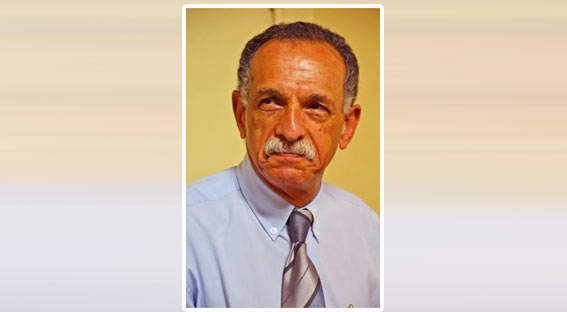During the last two weeks, news have circulated about significant change in the field of engineering education in Egypt. Professor Mohamed Othman Elkhosht, President of Cairo University, announced that Cairo University’s Faculty of Engineering will be changing its more than a century-old rigid five-year academic system, into a more flexible credit-hour based system that could allow students to obtain their bachelor’s degree in some four years instead of five.
The new system, which is planned to go into effect as of the academic year 2023/2024, defines the requirements for obtaining a B.Sc in Engineering not through a rigid schedule of courses pre-set by the university and extending over a fixed five-year period, but through the number of credit hours a student has to fulfill, regardless of the period of time along which these credit hours are achieved.
This new system allows students the flexibility of determining the academic load they would carry every term, in terms of how many credit hours they can fulfill, provided of course the courses—which translate in pre-assigned credit hours—they choose are on offer and that the students fulfill the prerequisite conditions for the courses. The new system also offers summer courses which students may use to further their credit hour requirements. All this could mean early graduation for those who wish to do so, since they could fulfill the requirements for a B.Sc degree in Engineering in some four years instead of the classic five. Yet students still have the option to graduate after five academic years should they prefer to.
Self-evidently, the credit hour system which substitutes the five-year academic system, neither curtails nor neglects any of the foundations or elements of engineering studies. It simply embeds them within the credit hours, allowing students more flexibility and choice in their undergraduate education. This recent development in the bylaws of the Cairo University’s Faculty of Engineering was approved and accredited by the Supreme Council of Universities based on a report issued by the Council’s engineering studies’ sector. This should come as no surprise given the relentless efforts by Dr Elkhosht since he launched the initiative years ago to bridge the education system gap between Cairo University and international universities in the US, Europe, Japan, China, or others. The outcome has been a remarkable leap in scholarly activity and effectiveness, leading Cairo University’s Faculty of Engineering to rank 134th among 30,000 universities worldwide in 2022, with one of its departments, Petroleum Engineering, ranking among the top 50 in the world.
The new bylaws for Cairo University’s engineering school will be making provisions for establishing new specialised programmes, revising academic curricula, and condensing credit hour requirements to between 154 and 159 hours, subject to the nature of study in each programme. In comparison, the prestigious Massachusetts Institute of Technology (MIT) requires the fulfilment of 134 credit hours to graduate with a B.Sc degree in engineering; UC Berkeley and Stanford University each require 120 credit hours; Georgia Institute of Technology, 122 credit hours; Michigan University and Illinois University, 128 credit hours.
I extend my heartfelt appreciation to Dr Elkhosht, President of the prestigious Cairo University for his academic zeal and arduous efforts to enhance and upgrade the university to match elite universities of the world. In this context, I must refer to the rather “hasty” response by Egypt’s Engineers Syndicate to Cairo University’s decision. The Engineers’ Syndicate, which is responsible for accrediting the university degrees granted by engineering schools of Egyptian universities, and accordingly granting graduates membership and licence to practise in Egypt, expressed their disapprobation of the initiative taken by Cairo University in a statement that read: “Now we need to brace ourselves to herald in generations of unqualified engineers”(!!) My only comment on that statement is that now is a good opportunity for all Egyptian universities to follow Cairo University’s lead, in their strive to modernise old regulations and systems to match standards of contemporary academic achievement. In this I say: Thank you Dr Elkhosht, and objectors please hold back.
Watani International
15 September 2023










